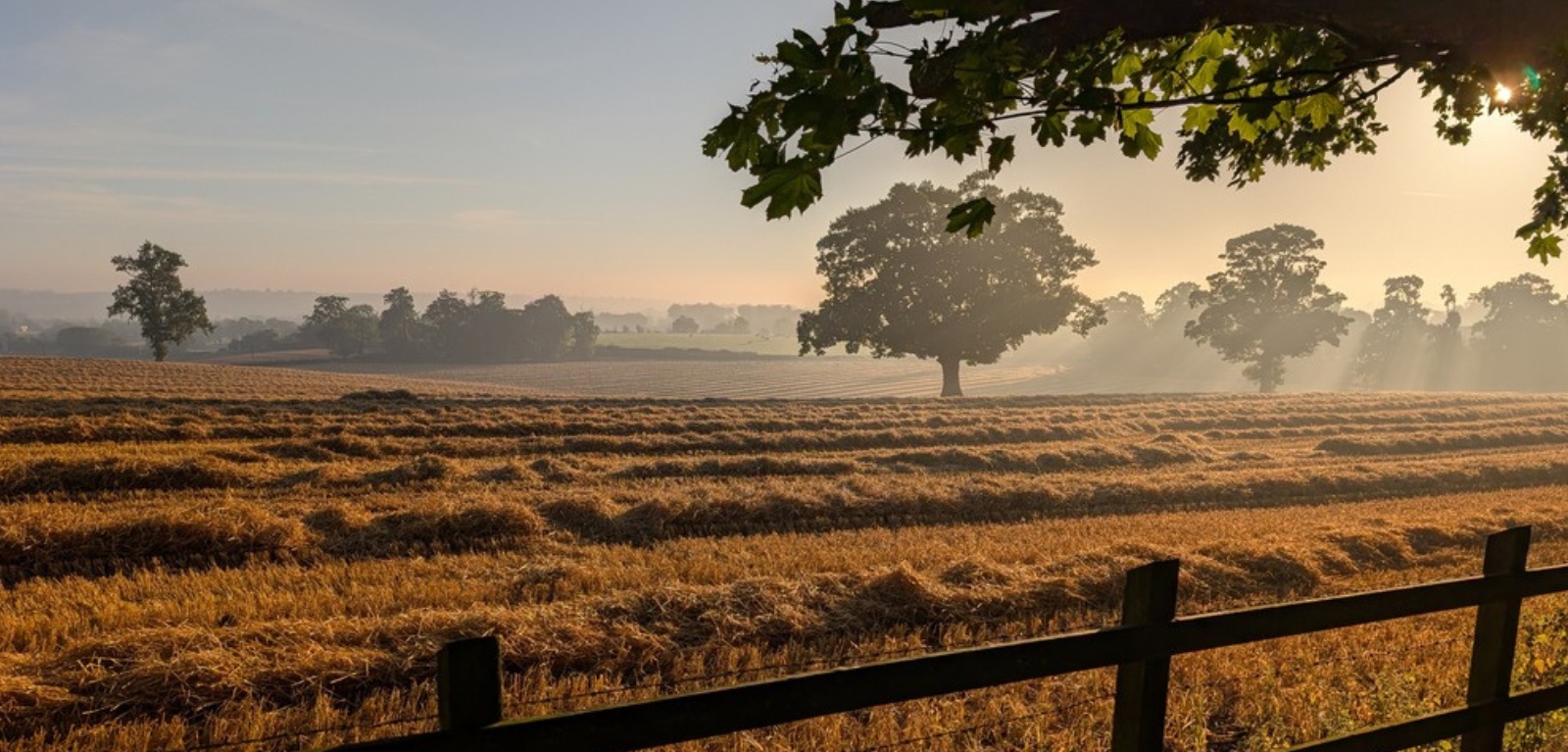Research reveals that Northern Ireland is feeling strain of climate change
Warm temperatures and erratic rainfall due to climate change are taking a toll on Northern Ireland’s health and farming industry, a new study reveals.

The research is the first to combine data which models climate risks with insights capturing local knowledge and experience from rural health care providers and farmers.
The study was led by the University of Bristol and co-authored by two Queen’s researchers. It found that extreme heat could result in nearly 100 (98) deaths across the nation per year, with between two-thirds and three-quarters of these occurring rural areas.
The more localised findings focused on towns across Northern Ireland, including Castlederg in County Tyrone, which holds the record for Northern Ireland’s hottest and coldest temperatures.
Lead author Dr Alan Kennedy-Asser, Senior Research Associate at the University of Bristol from Moira, Co. Down, said: “Our research highlights the importance of understanding the local setting in which weather and climate impacts occur. With further global warming, other parts of Northern Ireland can expect to see the temperatures previously recorded in Castlederg, so we can learn a lot from the local experts within communities who have experienced these extremes first-hand.”
Rather than being due to acute heat stress, the forecasted deaths would be from a range of causes, for example increased cardiovascular or respiratory complications during warm periods.
Feedback from local care providers reinforced national projections highlighting that heat is a public health issue not only affecting urban areas, but rural ones too.
Although statistics nationally indicated the possible effects of heat stress would be low, interviews with respondents working on the frontline of health care reported significant levels of discomfort and heat-related health conditions in the workplace, which required increased staff rest periods.
Farmers reported they were already experiencing a wide range of adverse effects, such as flash flooding hampering operations and reducing crop yields, and increased periods of drought, requiring more water for vegetable crops during hotter drier summers, particularly in the east of the country.
Farmers also explained how even moderate but unseasonal weather could be highly disruptive. For instance, making it difficult to plan routine farm work such as spreading slurry and fertiliser or having to house animals for longer due to water logging of fields. This in turn presents other problems, such as animals facing increased risk of potentially fatal diseases including pneumonia.
Co-author Dr Ryan McGuire, Research Fellow at the Institute for Global Food Security at Queen’s University Belfast, said: “As we enter a new era of agri-environmental policy for Northern Ireland, which is both challenging and exciting for our farmers, they are also facing significant disruptions to farm management and decision-making, often on a daily basis, due to extreme weather variations. This can pose massive land management challenges and can risk animal health and welfare.”
Co-author Dr Donal Mullan, Senior Lecturer at Queen’s University Belfast, said: “Growing up on a farm in rural west Tyrone, I have witnessed more unpredictable and extreme weather negatively affecting the timing and quality of crop and silage harvesting, slurry and fertiliser spreading, and livestock management. Climate change is not a distant problem for some other place – it is happening right now and impacting our rural communities right here in Northern Ireland, and it is only going to get worse as the climate warms.”
Media
For media enquiries, please contact emma.gallagher@qub.ac.uk
